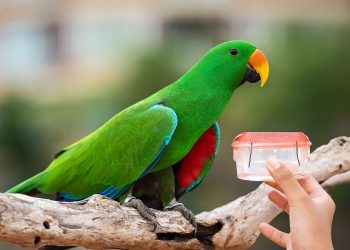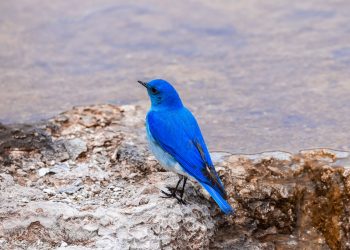If you find a fledgling bird out of its nest, it’s best to leave it alone. The parents are likely nearby, and you can place the bird in a nearby tree if it’s in immediate danger.
Why Birds May Remove Babies from the Nest:
Birds may remove chicks from the nest if they are undernourished, sick, or near birth. It’s a survival strategy to ensure only the healthiest offspring survive.
Do Birds Carry Their Babies While Flying:
Some birds, especially aquatic species, may carry their young while flying, especially when crossing bodies of water.

Can Birds Retrieve Their Babies:
Parent birds typically won’t retrieve their chicks once they leave the nest, but they care for them in other ways, like feeding and protecting.
How Birds Care for Their Babies:
Birds use various strategies to protect their young from nest predators, including hiding nests in safe locations.
How Birds Carry Their Babies:
Birds lay eggs and incubate them by sitting on the nest. They don’t carry live young like mammals.

Birds Sleeping with Their Babies:
Parent birds often sleep near their eggs or chicks for protection, but they may also sleep alone to give their young space.
Birds Moving Their Babies:
Some birds may relocate their offspring to protect them from threats or predators.
Do Birds Love Their Babies:
Birds show strong parental bonds and care for their offspring, though it may not be termed as “love” in the human sense.

How Long Baby Birds Stay with Their Parents:
Most birds leave the nest after 2-3 weeks, but some, like raptors, stay longer (8-10 weeks).
Do Birds Mourn the Loss of Their Babies:
Some bird species, like ospreys, penguins, pigeons, and jays, exhibit distress when they lose their chicks.

Do Birds Sit on Their Babies at Night:
Mother birds usually sleep outside the nest to provide space for their growing chicks.
Birds’ Emotions When Babies Leave the Nest:
Birds may experience a sense of loss when their young leave the nest, and some may display behaviors indicating distress.
![]()
Next on your reading list:











